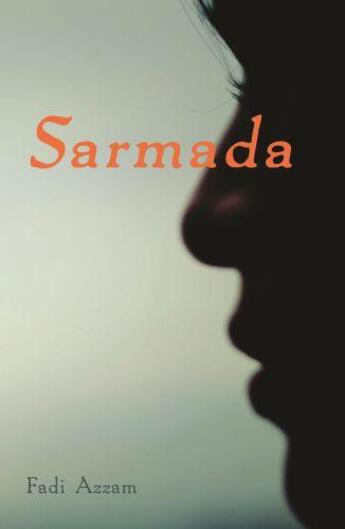-
Nombre de pages : (-)
-
Collection :
(-)
-
Genre :
(-)
-
Thème :
Non attribué
-
Prix littéraire(s) :
(-)
Résumé:
'This is a very Syrian novel, illustrating sectarian co-existence and providing glimpses of the country's mystical and literary wonders. Political history is integrated smoothly into the narrative. Azzam's criticism of dictatorship is scathingly precise.' The Independent'The novel's gaze reaches... Voir plus
'This is a very Syrian novel, illustrating sectarian co-existence and providing glimpses of the country's mystical and literary wonders. Political history is integrated smoothly into the narrative. Azzam's criticism of dictatorship is scathingly precise.' The Independent'The novel's gaze reaches toward an understanding of what Syria will need to grapple with in order to bring about a true Syrian Spring.' The New YorkerThe town of Sarmada, Arabic for 'perpetuate' or 'the eternally-not-changed', is the novel's fictitious setting. Women are the protagonists of this story, that spans several generations and extends from Syria to Paris and back again. Sarmada is set in the Druze area and is a declaration of love for tolerance and for the peaceful coexistence of the many religious groups that live there in close proximity. The Druze baptise their children and celebrate Christian holidays; however, the priests regularly collect money to build houses for Muslims and Druze alike.Myths, communists, nationalists, murder, illicit love, superstition, erotic trees and women's breasts make up the tapestry of this beguiling and enchanting novel. Sarmada is direct, ruthless and full of fire, full of irony and satire all told in a language and voice that is entirely unique. 'This is a very Syrian novel, illustrating sectarian co-existence and providing glimpses of the country's mystical and literary wonders. Political history is integrated smoothly into the narrative. Azzam's criticism of dictatorship is scathingly precise.' [The Independent]. 'The novel's gaze reaches toward an understanding of what Syria will need to grapple with in order to bring about a true Syrian Spring.' [The New Yorker] The town of Sarmada, Arabic for 'perpetuate' or 'the eternally-not-changed', is the novel's fictitious setting. Women are the protagonists of this story, that spans several generations and extends from Syria to Paris and back again. Sarmada is set in the Druze area and is a declaration of love for tolerance and for the peaceful coexistence of the many religious groups that live there in close proximity. The Druze baptise their children and celebrate Christian holidays; however, the priests regularly collect money to build houses for Muslims and Druze alike. Myths, communists, nationalists, murder, illicit love, superstition, erotic trees and women's breasts make up the tapestry of this beguiling and enchanting novel. Sarmada is direct, ruthless and full of fire, full of irony and satire all told in a language and voice that is entirely unique.
Donner votre avis














